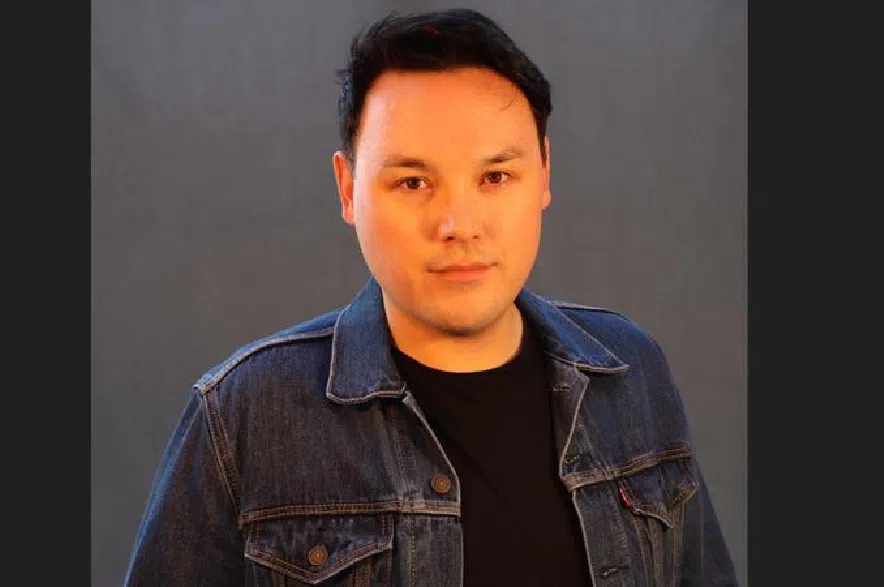By Derek Cornet
A former resident of La Ronge is using his experience dealing with wildfires in northern Saskatchewan to assist Native Americans fleeing the fires raging in the greater Los Angeles area.
Sparked by dry conditions and powerful winds moving at more than 100 kilometers per hour, the wildfires have forced nearly 180,000 people out of their homes in recent days. In addition, hundreds of thousands of people are without power and several of the fires continue to burn uncontained.
Read More:
- VIDEO: Woman from Sask. loses home in California wildfire
- Canadian plane fighting L.A. fires out of service after colliding with drone
- Alberta to send water bombers, helicopters to help fight L.A. wildfire
Jordan McKay, a member of the Lac La Ronge Indian Band, moved to Los Angeles in early 2023 and currently works as the health and safety co-ordinator for United American Indian Involvement (UAII), a non-profit corporation mandated to promote the physical, behavioral, and spiritual well-being of American Indians.
“If I am being honest, I have experienced this in La Ronge before,” he said.
“I don’t want to say it’s normal, but I have experienced it before, so it doesn’t freak me out as much as maybe it does for others. It’s similar to what many of us have faced in La Ronge. You stay smart, you stay home, you try not to go outside as much as possible, don’t go out and block up the roads, keep an eye out for the evacuation notices.”
McKay and UAII staff have been assisting people who need help evacuating and are in need of food, water and accommodations such as hotel rooms. He said there are many Native Americans living in the Los Angeles area who have reached out for help, including a family originally from southern Saskatchewan.
While UAII doesn’t have an overnight shelter, McKay said people are welcome to utilize the facility during the day.
“I felt it was important for me and our organization to at least reach out to our community members, all of our clients, all of our partners and family members across L.A. County and say ‘We have a space for you,’” McKay said.
“We’ve been kind of making it up as we go along, because we’re not a shelter but we have some food, we have some masks, we have PPE we can hand out to people. I have been bringing out water to people, I have been driving people that need rides for evacuations.”
While the UAII’s facility isn’t currently threatened by fire, McKay said ash is falling from an orange sky. Businesses in the area are still operating, but many people are wearing face masks to do their day-to-day activities.
When it comes to disaster preparedness, McKay said it’s important to be in contact with loved ones, have an emergency plan, be prepared to evacuate in a moment’s notice, and to be conscience of mental health.
“I am packed up and ready to go at any minute if I need to,” he said.











